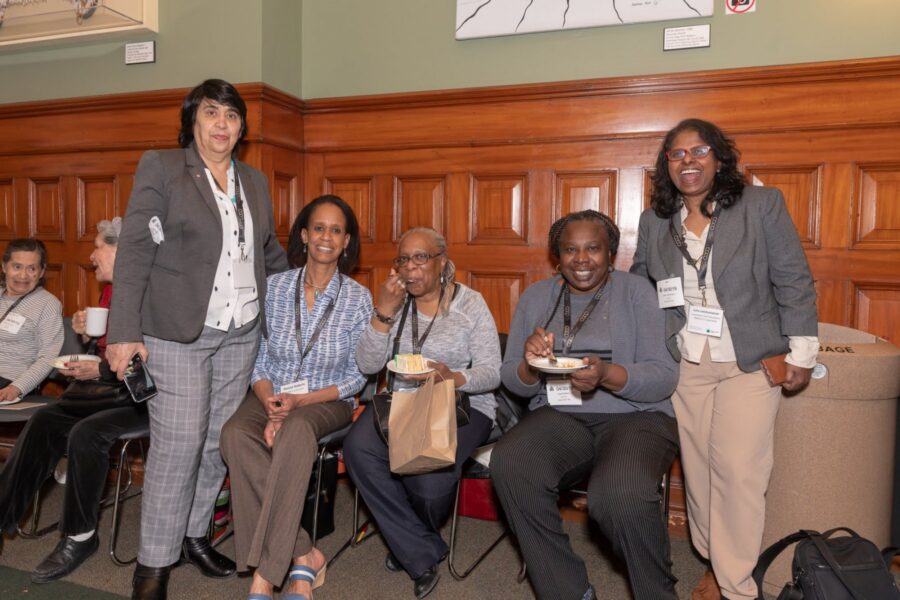
By Kenzie Love
Black women in Canada face significant barriers, including high levels of violence, lack of access to employment, higher education, and housing, and disproportionate rates of incarceration. Research shows that the cumulative impact of racism, discrimination, poverty and other structural and systemic inequalities profoundly impact the physical, emotional and mental health of all Black women in Canada. And yet despite these barriers, a recent study also found that “many Black women entrepreneurs continue to develop successful businesses and turn to entrepreneurship to address unmet needs in the market, to celebrate their culture and to give back to their communities.”
Evidence of this can be found in the Black women entrepreneurs who’ve found a way to fulfill all of these objectives thanks to the support of the Women’s Multicultural Resource and Counselling Centre in Durham, Ontario. By establishing worker cooperatives, the women can sell their services directly to end users, bypassing intermediaries like brokers and agencies. This model gives them more autonomy, fairer compensation, and control over decision-making.
The Centre’s worker co-op development program is currently in the second year of a four-year project with its second cohort of women, whom it’s supporting to establish worker co-ops in six different sectors: personal support work, residential and commercial cleaning, hairdressing, arts, daycare, and sewing and clothing. Through the program’s training sessions, participants have learned about co-op development and business skills, and get hands-on experience and tours of local co-ops. The cohort will begin the implementation phase of the project this coming March.
Although the Centre serves women of all racial and ethnic backgrounds, Black women — many of them recent immigrants — make up the largest share of its worker co-op program. Aysha Javed, the program’s coordinator, believes that participating in the program helps address many of the barriers Black women face.
“Many Black women are affected by financial insecurities, employment discrimination, and limited access to capital, despite being one of the fastest growing groups of entrepreneurs,” she says.
Although the Centre doesn’t provide direct funding to participants in the worker co-op program, it can help them with applying for grants or negotiating bank loans. Perhaps most importantly, participating in the program provides access to a supportive network, fostering shared ownership, equitable wages and sustainable business that uplift the entire community. Thus Black women are given the opportunity to create businesses that reflect their skills, passion, and cultural values.